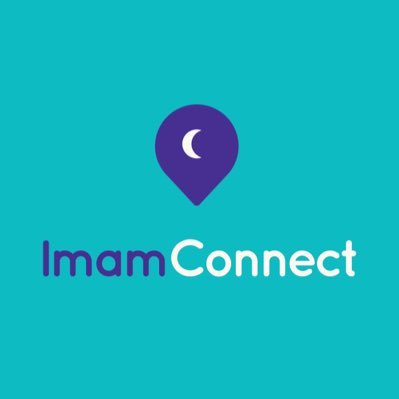A London-based entrepreneur has launched an online platform that promises to revolutionize the way Muslims access religious services. Launched in the UK and US at the height of the coronavirus pandemic, ImamConnect provides an online space for imams and scholars to offer Islamic services directly and at the click of a button.
Qur’an lessons, weddings, funerals, matchmaking and more can all be found on the website, along with customer reviews, insights into the providers’ specialisms and their spoken languages.
ImamConnect’s founder Muddassar Ahmed told Arab News that the best way to think about the platform is as “Uber for imams.” He said: “The vast majority of Western Muslims don’t have continuous access to religious services, but that doesn’t mean they don’t require them. I wanted to make those religious services more accessible.”
This became critically important when coronavirus hit and so many people’s lives were turned upside down, Ahmed added. “During the pandemic, there was demand for things like therapy and bereavement counseling. There was a need for these services, and if you were connected to a mosque you could access them, but what happens if the mosque is shut?” he said.
This method of accessing religious services is particularly useful for young Muslims, Ahmed explained, because many of them do not have a local mosque they regularly attend. The fourth industrial revolution, he said, has finally arrived in the realm of religious services. “If we can order food and see a doctor through an app, we can do the same for religious services,” he added.
The launch of the online marketplace has not only allowed people to access religious services on demand throughout the pandemic, it has also given imams and scholars a 21st-century way to access new markets and audiences.
Tarek Elgawhary, a US-based imam and scholar who offers, among other services, Qur’an studies, marriage counseling and guidance for new Muslims through ImamConnect, said the platform gives him a way to finally be recognized for his work. “This is an efficient way of organizing my time and receiving feedback — people I’ve advised leave a review, and that way I stand on my own merits,” he told Arab News.
“There’s a lot more of this type of thing on the way. Whether it’s women’s fashion, Islamic services or things linked to mindfulness, we’re starting to see that Muslims are consumers,” he said. “They have wealth to spend, and they’re selective in what they want to spend it on.” This could be a “dawn of a new day for Muslim minority populations,” Elgawhary added, as service providers have to up their game and make sure they are catering to what t heir communities want.As for ImamConnect, he said: “Much like so many other successful ideas, you’re left wondering, ‘Why has nobody done that before?’”






